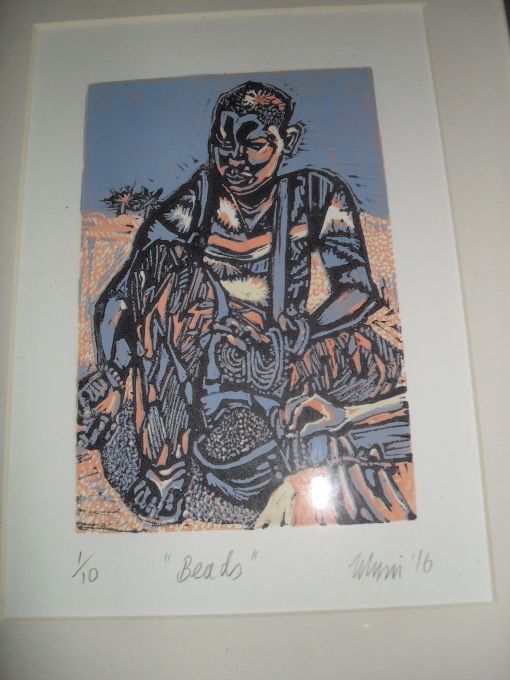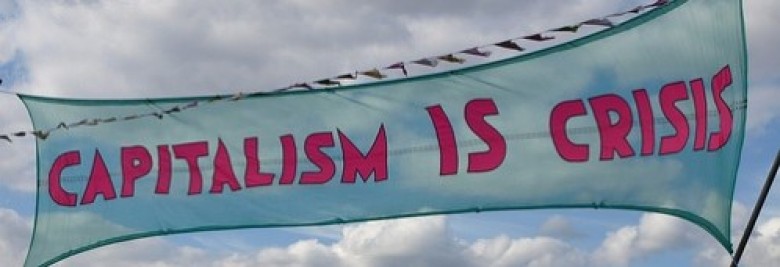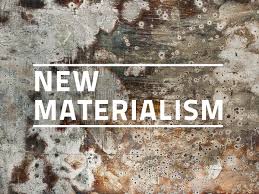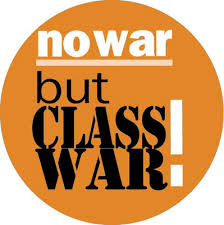 SPACE, IDENTITIES AND MEMORY
SPACE, IDENTITIES AND MEMORY
Birkbeck Institutes of Social Research and the Humanities Graduate Conference
CALL FOR PAPERS
Space, Identities and Memory
Deadline for Submission of Abstracts: 11/03/2016.
Contact: bihbisrconference@gmail.com
We invite postgraduate researchers, academics, activists, artists, and practitioners from across disciplines to contribute to the Birkbeck Institutes’ (BIH/BISR) annual two day conference held from the 13th to the 14th May 2016.
This year’s conference theme seeks to examine the interplay between identity, space and memory, exploring the ways in which identities may be created, formed and informed by spatial and temporal contexts. In particular, we seek to examine to what extent identities are performed in response to political, social and cultural pressures, including historical circumstances leading to the construction of acceptable and unacceptable identities.
The conference aims to capture the complex overlaying of identities in time and space, and the agency of individuals and communities as they address their own complex understandings of the temporality of identity. Conversely, we hope the conference will highlight how space and time are influenced and shaped by everyday life, sociabilities, mobilisations and processes of subjectivation. In particular we are seeking papers that engage with topics such as:
- The built environment: how are housing, architecture, urbanity and concepts of public and private space harnessed in the self-fashioning of individual and communal identity?
- Gender, sexuality and race, the politics of becoming and the deterritorialisation of the body;
- ’Home’, domesticity and concepts of solitude and isolation across time and space;
- Spaces of dissent and resistance: how is memory imbricated in public spaces as sites of encounters, direct action and creative practices?
- Displacements and borders: constructing or disassembling boundaries from local to global;
- Explorations in the use of maps, social cartography and critical geography;
- Exclusion and inclusion in institutional spaces: how have institutionalised spaces cemented or challenged contemporary and past perspectives on identity?
- Narrating the past: memorialisation, contestation and re-enactment
- Innovative methods and approaches in the investigation of the intersections between space, identity and memory
Our first confirmed keynote speaker is Andy Merrifield. The conference will conclude with a round table bringing together activists, practitioners and academics.
This is an interdisciplinary conference, designed to foster creative thinking and new research agendas. To this end, we encourage papers from a diversity of disciplinary backgrounds that explore the interconnections of space, identity and memory.
We are particularly interested in receiving contributions from artists and practitioners in education, the heritage sector or related fields to participate in this interdisciplinary conference.
Proposals
We warmly welcome abstracts for 20-minute panel papers. Abstracts should be between 200-300 words in length. Please include a short biography with your submission. The deadline for submission of abstracts is the 11/03/2016. Authors will be notified regarding the acceptance of their paper after submissions have been reviewed and no later than 31/03/2016.
Contact Details
Please send enquiries and proposals to Beth Hodgett, Calum Wright, Eva Lauenstein & Moniza Rizzini at:
bihbisrconference@gmail.com

***END***
‘Human Herbs’ – a song by Cold Hands & Quarter Moon: http://www.youtube.com/watch?v=Au-vyMtfDAs
Posted here by Glenn Rikowski
Glenn Rikowski @ Academia: http://independent.academia.edu/GlennRikowski
Ruth Rikowski @ Academia: http://lsbu.academia.edu/RuthRikowski
Volumizer: http://glennrikowski.blogspot.com
Rikowski Point: http://rikowskipoint.blogspot.co.uk/
Ruth Rikowski at Serendipitous Moments: http://ruthrikowskiim.blogspot.co.uk/





















